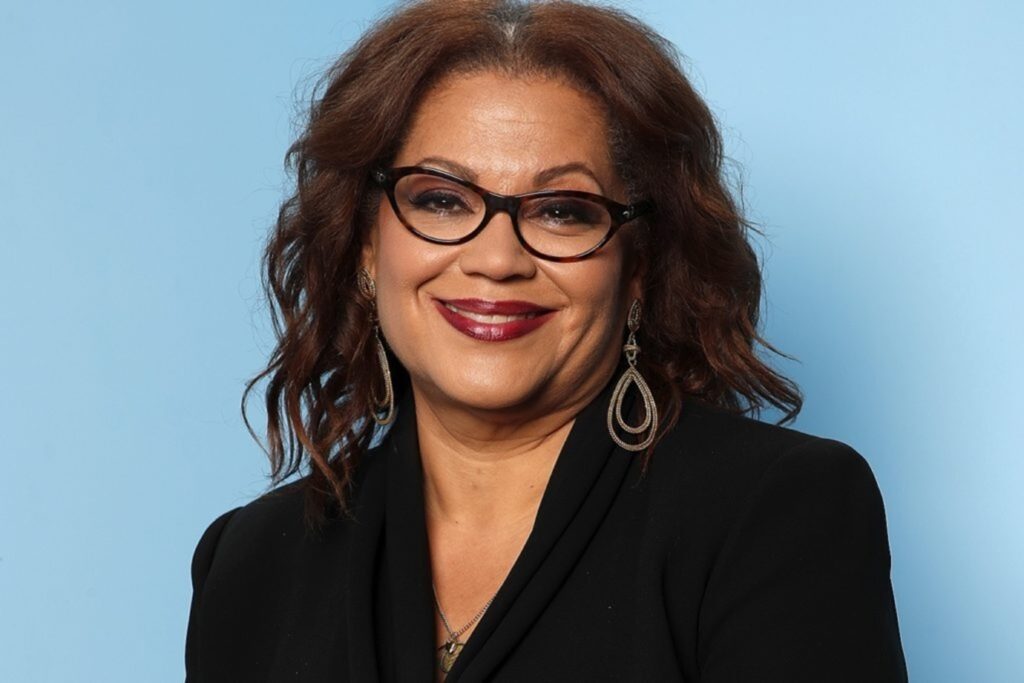AFL executive Tanya Hosch understands first-hand the importance of advocating for your health and wellbeing amongst the daily juggle of life.
In the last four years, she’s navigated a number of health challenges, resulting in the amputation of her lower right leg.
“I’ve learned a lot about how important it is to take care of my health and understand that I’m the one that has to prioritise it – no one else can do that for me,” says Hosch, who is Executive General Manager Inclusion & Social Policy with the AFL.
“I think when you work hard and are deeply committed to your work, your family and your friends, it can be easy to put yourself last.”
Hosch also has Type 2 diabetes, meaning healthcare is something she manages “all day, every day”.
“It’s such a chronic and all-encompassing health issue with all sorts of dire side effects, which I’ve obviously experienced, so you really do have to pace yourself,” she says.
Thankfully, her prosthetic has allowed her to move around quite freely, but this doesn’t mean the challenges are gone. She’s had to adjust the way she balances her daily activity in order to manage fatigue, which she describes as a “huge learning curve”.
“The health challenges and physical changes that I’ve had to adapt to my body, and going through quite intensive rehab last year has given me a much greater understanding of the personal responsibility you have to take when it comes to managing your health,” says Hosch, adding that “ it’s important for us all to collectively support each other in prioritising our health”.
“There’s a lot of limitations in services so it’s important for us all to collectively support each other in prioritising our health to try and lift the pressure off an already overburdened healthcare system,” she says.
“We should be working as hard as we can on our personal health to prevent having to be in the healthcare system where possible, to ensure that help can be given to whoever needs it, when they do need it.”
During rehab, Hosch says she discovered the value of exercise physiology in helping her to walk with a prosthetic leg.
“It has also helped me feel more confident and physically stronger which has been a real game changer for me, not just physically, but also mentally”.
When it comes to women’s health in general, Hosch says it’s “our right to have access to good health care” that meets our needs.
“There is evidence to show that a lot of the health system has not been as well equipped for women’s health needs as it has men’s in the past,” she says. “We’ve got to continue to challenge this, because it is our right to expect good quality health care that is equipped for our needs and our circumstances”.
“Women are well known for putting themselves last when it comes to the care of family members, whether it be their children or parents or friends.”
“There have been many women that have come before us who have fought so hard for access to equitable and complete holistic health care that accommodates our needs, in terms of gender, cultural heritage, sexuality, and other intersections, which is something that we should never shy away from.”
At the AFL, Hosch works hard for inclusion and says one thing she’s really excited about right now is a new cultural safety framework being developed.
“We know that we can still improve the experience of Aboriginal and Torres Strait Islander players in the game by ensuring that the environment and processes that the AFL manage supports them to be at their very best at all times,” says Hosch.
“The framework will help alleviate some of the responsibility from the players to ensure that this is the case and will ensure that our system is as accommodating as it can be, to meet their needs and demonstrate cultural respect.”
It’s clear the landscape surrounding regard for people’s mental health and wellbeing is shifting.
Hosch says she’s “grateful” that there’s been a greater appreciation for this kind of conversation and more space for people to be open.
“Hopefully, the majority of us are a lot more aware of how that impacts our physical and mental health,” she says.
Tanya Hosch will be speaking at our 2024 Women’s Health and Wellbeing Summit in Sydney on September 4. Get your tickets here.


